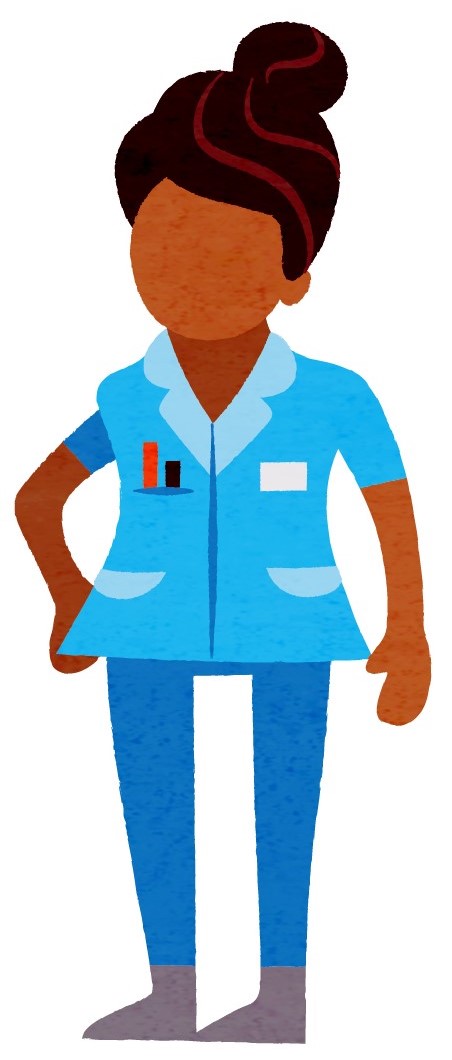The role of the Clinical Research Nurse requires someone with an enthusiasm and passion for high quality. The role suits those who are driven to deliver the highest standards of patient care throughout the research process, ever mindful of collaborative working towards the creation of a culture that is patient and public focused.
An eye for detail and excellent organisational skills are key and, as the role is very autonomous, the confidence to make decisions which ensure that the patient/participant is safeguarded throughout their involvement with research, is a key function of these roles.
A creative and innovative approach to patient care is required. A willingness to embrace technology as a means by which to increase opportunities for patients to become involved in research and to enhance the experience for patients, the public and NHS staff who take part in research studies.
Outgoing, approachable and resilient with an ability to look critically at practice and to challenge and advocate for patients whenever necessary are all characteristics that will serve the research nurse well.
You will need effective time management and organisational skills with an ability to work autonomously managing your own workload. Research studies can run for many months and even years. Whilst this allows you to gain in-depth insight into the research itself, often it can be hard to switch off, as the project does not stop until it is completed. You may be the only research nurse working on a study and this brings a great sense of responsibility – you are a core component in the life cycle of the clinical trial. This often allows a significant degree of autonomy in the role; facilitating a participant-centred approach that is often extremely rewarding.
You need highly developed communication skills as you will need to communicate and engage effectively across multi-disciplinary teams, the pharmaceutical industry and academia. Research participation is only part of the picture in the holistic care of trial participants.
Enhanced nursing skills are often a requirement for some research studies, for example; venepuncture, cannulation, IV administration (including cytotoxic medications, monoclonal antibodies etc.), bone marrow aspirations, spirometry, arthroscopic procedures, DXA scanning, joint assessments, sample processing and dispatch to name just a few. Many of the required skills may be study specific and often training is provided to attain these skills. These often make the job more varied and can allow the CRN to coordinate many aspects of the studies.
Knowledge of legal aspects of study management and ethical principles including the mental capacity act/adults with incapacity act, the human tissue act, and good clinical practice guidelines for clinical trials based on the Declaration of Helsinki, are a cornerstone of research nursing practice. The practical application of ethical principles is frequently a challenging and engaging process. Becoming a CRN can also be a great way for nurses to become members of local ethical committees. This facilitates further knowledge development and assists in enhancing CRNs expertise.
Due to the innovative and uncertain nature of research, problems during the course of the research study often arise. Problem solving skills are essential therefore and demand an ability to be flexible, resilient and ‘think outside the box’ using the resources around you to effectively manage any difficulties the study may present. Every day is different and every day presents a new challenge.
The CRN role demands a continuous need to undertake extensive training (mandatory and study specific) in order to meet the legal and operational requirements of research and development departments, and those of the pharmaceutical industry. The CRN role presents an unrivalled opportunity to gain and maintain education and training relative to the role, much of this being transferable to other nursing specialties.
Data accuracy alongside data management skills are a fundamental element of the CRN role. Studies are subject to both internal and external audit (by trust R&D departments, pharmaceutical companies and the Medicines and Healthcare products Regulatory Agency). The CRN needs to ensure accuracy in data collection and demonstrate an ability to effectively manage regular inspection and audit, working collaboratively with the research team to ensure studies are conducted ethically and according to the specification of all research approvals.





 RCN - District and Community Nursing Subject Guide
RCN - District and Community Nursing Subject Guide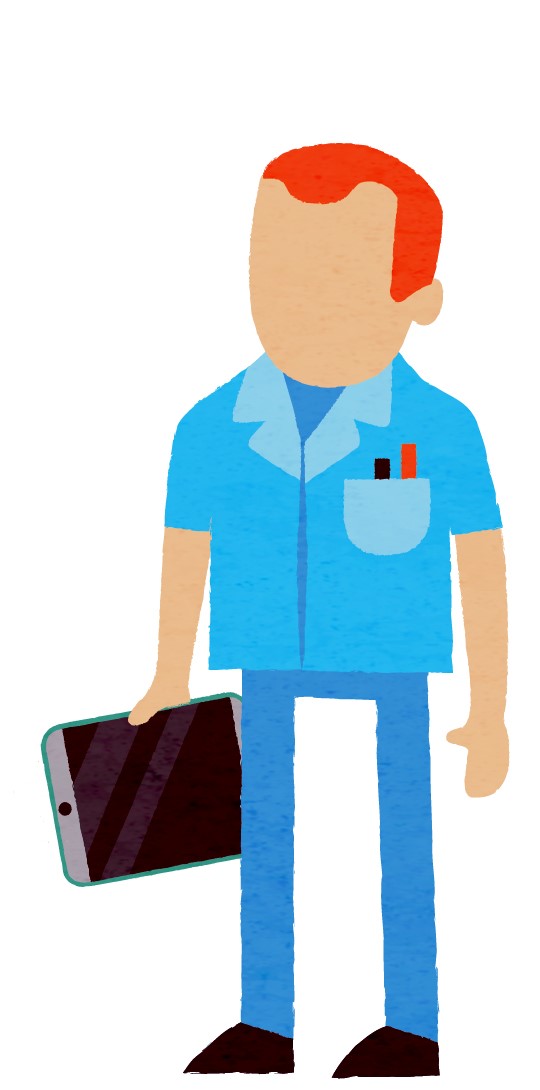 Name: Gerald
Name: Gerald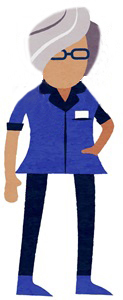
 Name: Lily
Name: Lily
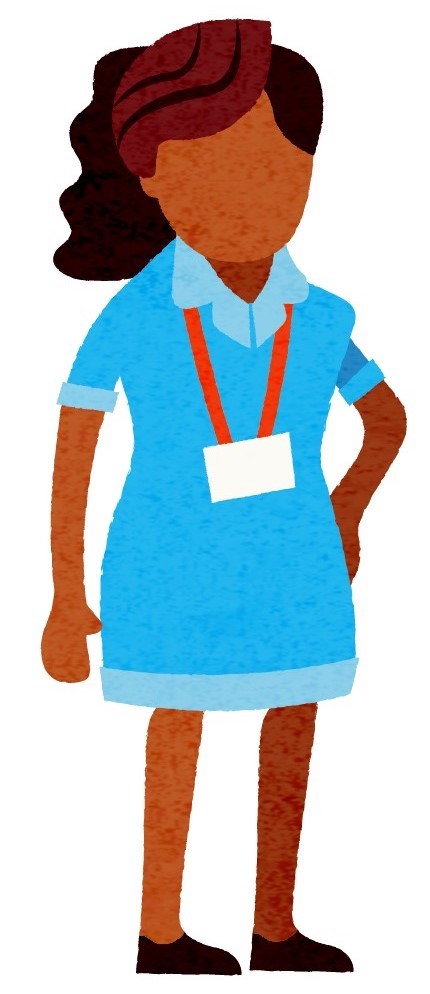
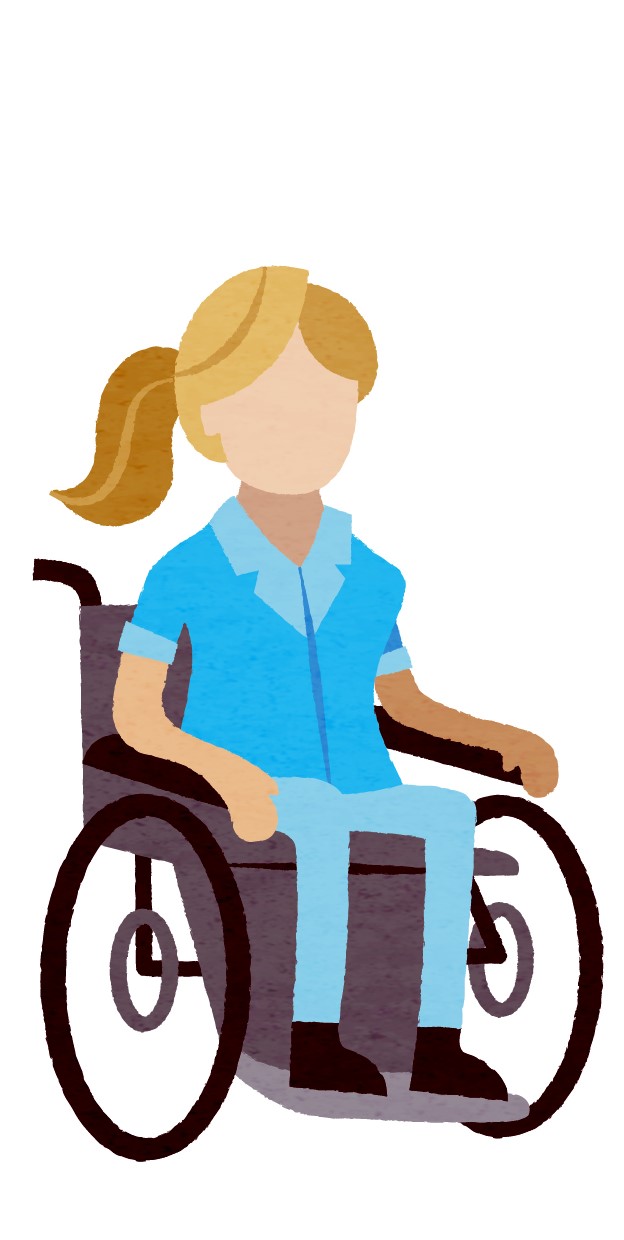
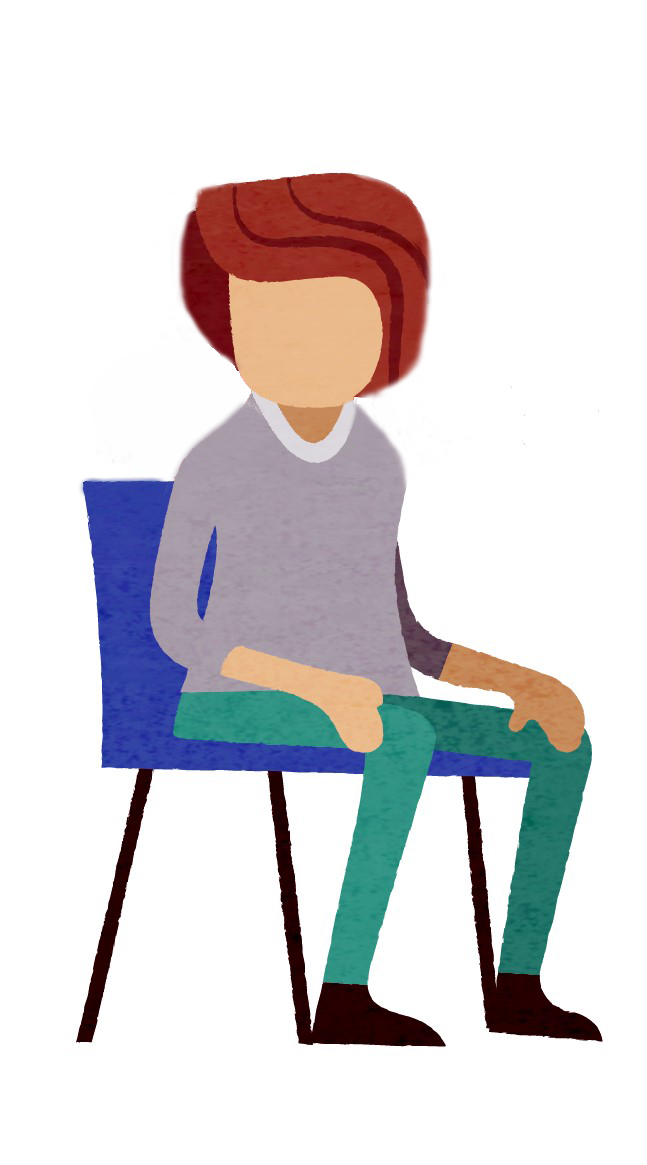






 Name: Tony
Name: Tony